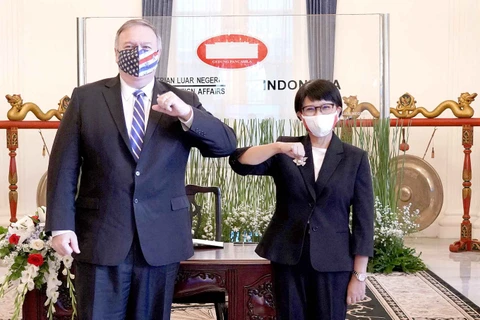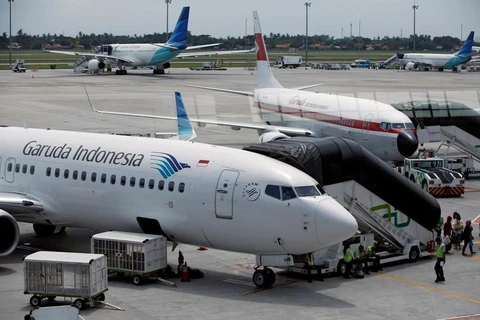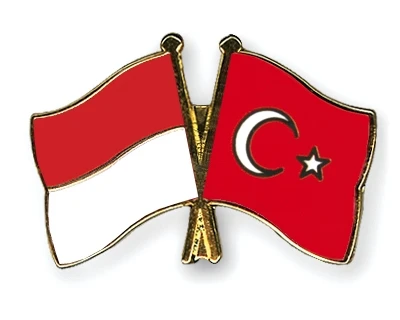Jakarta (VNA) – State-owned railway operator PT Kereta Api Indonesia (KAI) posted 2.4 trillion IDR (163.6 million USD) loss between January and September, a drastic turn-around from the 1.5 trillion IDR profit booked during the same time last year, as the COVID-19 pandemic continues to put pressure on travel demand.
Its revenue also fell by 31.4 percent year-on-year to 12.2 trillion IDR as of September, KAI’s financial report submitted with the Indonesian Stock Exchange website shows.
According to the report, the ongoing health crisis has created uncertainties that continue to affect the company.
The company’s revenue from passenger services fell steeply by 67.6 percent year-on-year to 2.3 trillion IDR in the first nine month of the year.
KAI shut down all of its long-distance and local passenger train services in April following the government’s ban on the Idul Fitri mudik, and partially restarted its operations on June 12. The closures have caused a 43.6 percent year-on-year decline in passenger numbers during the first half of 2020 to 118.6 million people, according to Transportation Ministry data.
KAI spokesperson Joni Martinus said on October 28 that there were signs of improvement in the company’s passenger numbers and the logistics services in the third quarter.
The company recorded 35.7 million passengers in the third quarter, an around 75 percent increase from the second quarter’s figure of 20.4 million, as the economy started to return to normal. Meanwhile, KAI’s logistics services also carried 11.5 million tonnes of goods between July and September, a 16 percent quarterly increase from the second quarter.
However, despite the quarterly increase in logistics volume, the company’s financial statement showed that KAI saw a 5.8 percent decrease year-on-year in revenue from the service as of September to 4.79 trillion IDR.
In order to improve the balance sheet, KAI was working to secure its liquidity and ramp up cost reduction efforts, Joni said./.
VNA
























